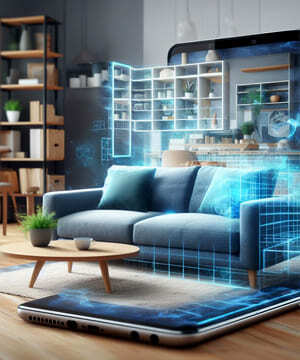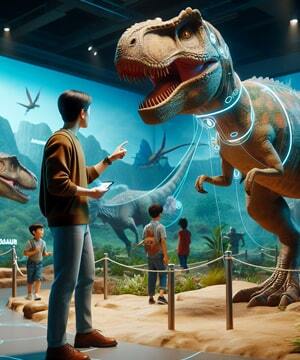Lifestyles are changing as the digital world enters real life.
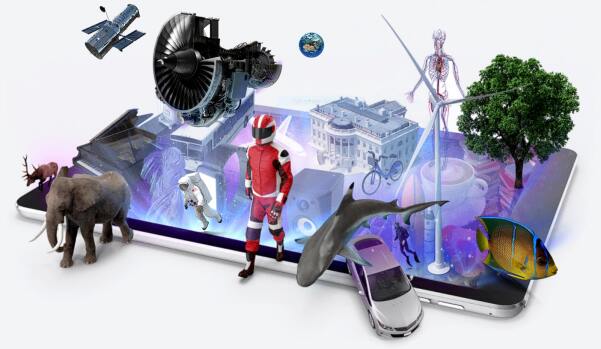
Augmented reality: the gateway to the world of the future
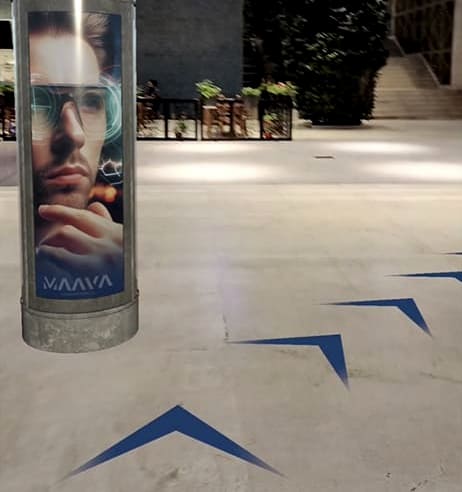

Direction in mall
Navigation in shopping malls without the need for an internet connection or GPS


Refinery site
Complete implementation of the refinery site on the ground before construction begins


Furniture at home
Providing a variety of furniture in the home and customers choosing the color of wood or fabric
Our Projects
Augmented Reality & Mixed Reality
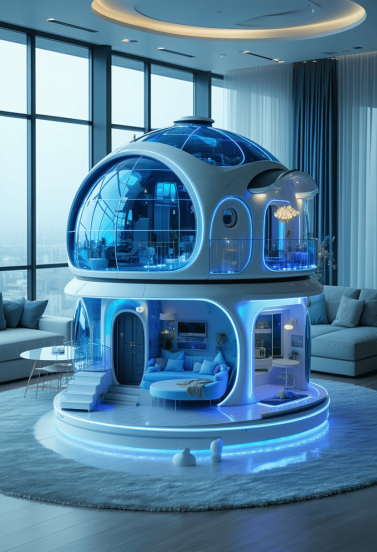
Augmented Reality (AR) is a technology that overlays digital content such as images, sounds, or information onto the real world, enhancing the user’s perception without completely replacing the physical environment. It is commonly experienced through devices like smartphones, tablets, or AR glasses. AR is widely used in fields such as gaming, education, retail, and industry to provide interactive and context-aware experiences.
Mixed Reality (MR) combines elements of both AR and Virtual Reality (VR), allowing real and virtual objects to interact in real time. Unlike AR, which simply overlays digital content, MR anchors virtual objects in the real world and lets users manipulate them as if they truly coexist in the same space. This immersive experience requires more advanced hardware such as Microsoft HoloLens or Magic Leap. MR is valuable in design, training, remote collaboration, and medical applications where realistic interaction with digital and physical worlds is critical.
In summary, while AR enhances reality with digital additions, MR blends these elements seamlessly for a more interactive and integrated experience.


